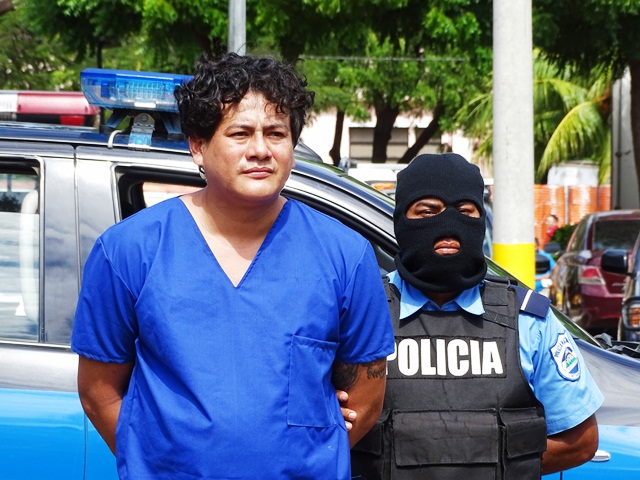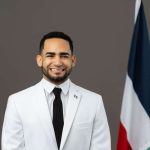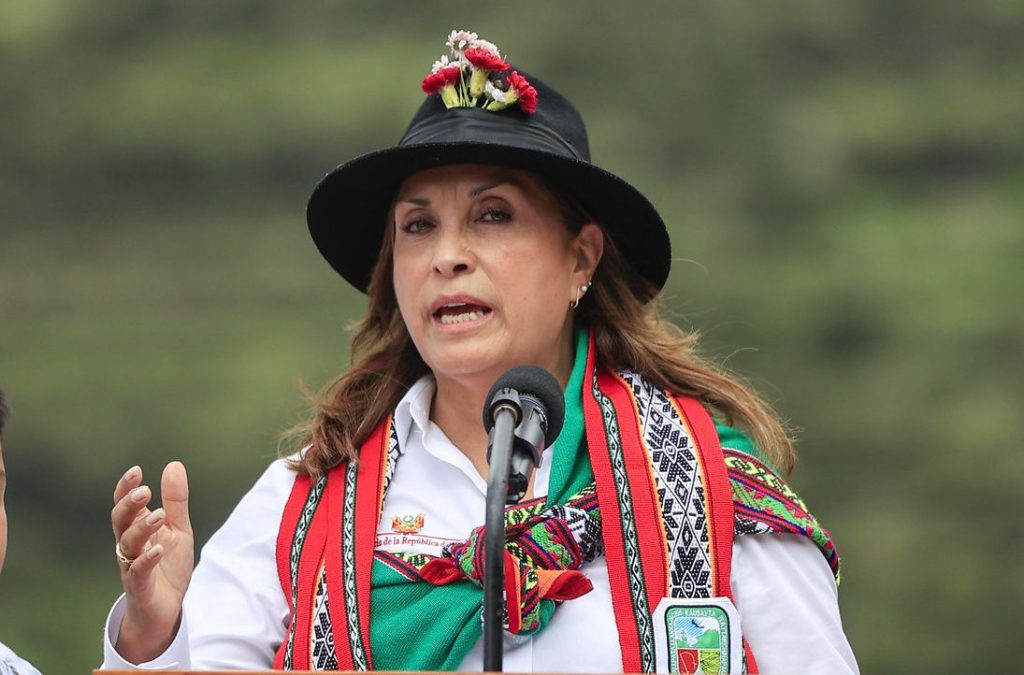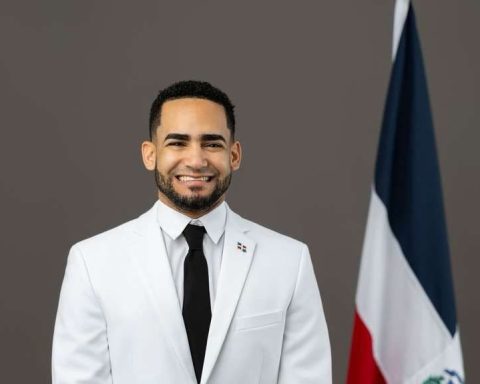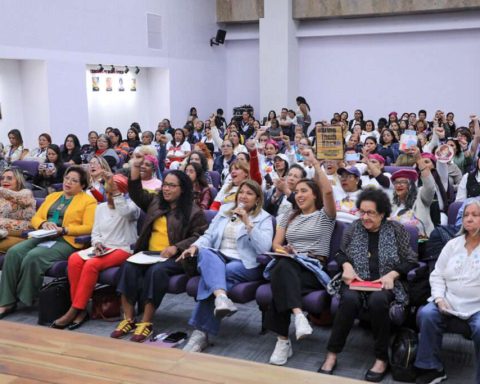The Inter-American Commission on Human Rights (IACHR), through a release press release, released this week, indicated that it granted precautionary measures in favor of the political prisoners Carlos Alberto Vanegas Gómez and Efrén Antonio Vílchez López considering that both are in a “serious and urgent” situation.
He noted that the rights to life and personal integrity of these two political prisoners “face a risk of irreparable harm in Nicaragua.”
“The beneficiaries are deprived of liberty in unhealthy and inhuman conditions, both in the Granada Penitentiary System and in the Jorge Navarro National Penitentiary System,” indicated the IACHR.
Related news: Dictatorship fails to comply with its “Amnesty Law” and schedules trial of former Masaya political prisoner
Vanegas Gómez, 34, originally from Masaya, is one of the prisoners of conscience who were recaptured by the Ortega regime, despite being released under the Amnesty Law of June 2019. The first time he was detained, he was accused of at least seven crimes that included organized crime, robbery with intimidation, extortion, aggravated damage, illegal possession of weapons, murder and desecration of a body.
The citizen was arrested for the second time in January 2022, accused of common crimes, and since then he has been in the Granada prison.
Vílchez López, 50 years old, originally from San Rafael del Sur, was detained since May 2022, accused of common crimes and is in the Jorge Navarro Penitentiary System, known as La Modelo.
The IACHR denounced that both political prisoners “are not receiving the medical attention they would require for their health conditions, nor adequate food” and “there are allegations of possible torture.”
State of Nicaragua remains silent before the IACHR
The organization requested information from the State of Nicaragua about the complaints they received, but assures that it “did not provide information to the IACHR.”
The IACHR asked the State of Nicaragua to “adopt the necessary measures to protect the rights to life, personal integrity and health of the beneficiaries” and ensure that “the conditions of detention of the beneficiaries are compatible with the international standards applicable in the matter.”
The defenders urged that it be guaranteed that these two prisoners of conscience “are not subject to violence, threats, intimidation, and attacks within the penitentiary center; their allegations of torture are addressed; Access to adequate and specialized medical care, treatments and medications is guaranteed and a comprehensive medical assessment of your health situation is immediately carried out.
They also advise that “they be given immediate access to adequate food and water; and evaluate the possibility of granting alternative measures to deprivation of liberty, given the impossibility of protecting their rights in light of the current conditions of detention.
